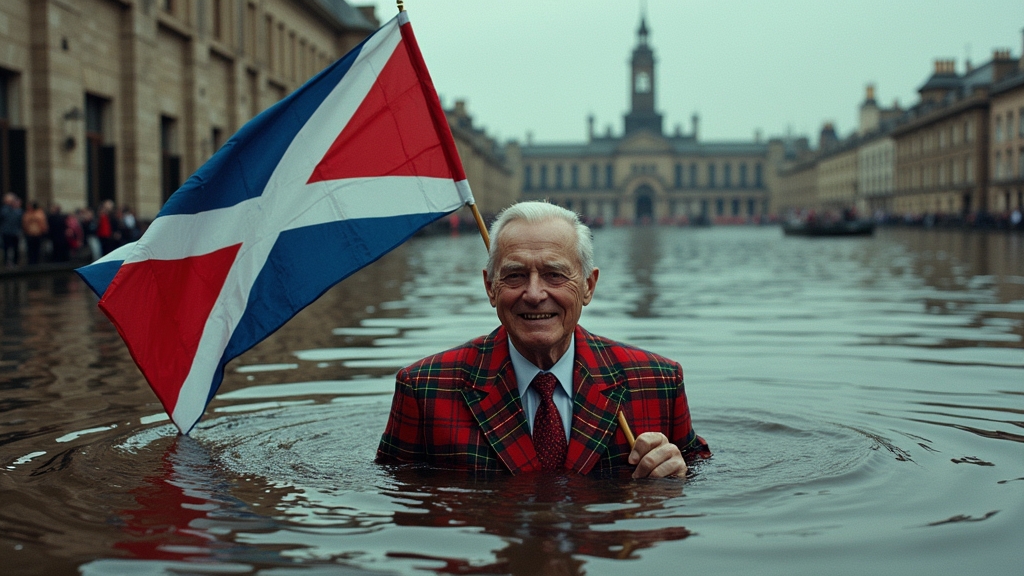“Breaking News: AI Anchors to Replace Humans, Finally Ending Journalist Complaints About Low Pay”
The days of messy human news anchors with their pesky ethics and bathroom breaks are officially numbered. Channel 1, the latest attempt to make journalism even more lifeless, has unveiled a revolutionary news channel where all stories are researched, written, and presented by artificial intelligence. Finally, a news outlet that delivers facts without the burdensome interference of human emotion, judgment, or, God forbid, critical thinking.
Created in Los Angeles by a team of people who clearly have a grudge against journalists, Channel 1 is multilingual, lightning-fast, and devoid of bias—assuming you trust whatever biases get programmed in. Its creators promise a dazzling future: no more awkward on-air bloopers, no more reporters storming off set, and best of all, no more salary negotiations.
“We realized we could cut costs dramatically by replacing reporters with software,” said Channel 1’s CEO, a man whose soul was probably replaced by an algorithm years ago. “AI can generate news within seconds, whereas humans take hours to fact-check, verify sources, and, you know, care.”
But will people actually watch a news channel lacking the delightful unpredictability of human anchors? To test this, The Guardian sent an actual journalist to audition for a spot on Channel 1. Their performance was immediately outshined by an emotionless, pixel-perfect AI bot, which effortlessly recited news without blinking once—a major improvement over humans who awkwardly pause to think.
Critics are divided. Some worry that fully AI-driven reporting will erode the industry’s integrity, while others argue that since integrity left journalism years ago, we might as well give the bots a shot. “I mean, most of the news is copy-pasted press releases anyway,” admitted a veteran reporter who asked to remain anonymous, fearing retribution from both AI and their own employer.
Channel 1 assures skeptics that their algorithms are programmed to be objective, though given that AI often reflects the prejudices of its creators, viewers can probably expect bias, just faster. “We’re breaking new ground here,” added the CEO. “In five years, we hope nobody can tell the difference between AI news and real news. Frankly, we’re betting they won’t care.”
Excited investors are already pushing for AI meteorologists, AI sports commentators, and eventually, AI politicians—though some argue we already have those. For now, Channel 1 is focused on perfecting scripts, fine-tuning CGI presenters, and ensuring that AI anchors don’t accidentally declare war on Norway during a routine broadcast.
Live from the future, it’s the news—without the humanity.





